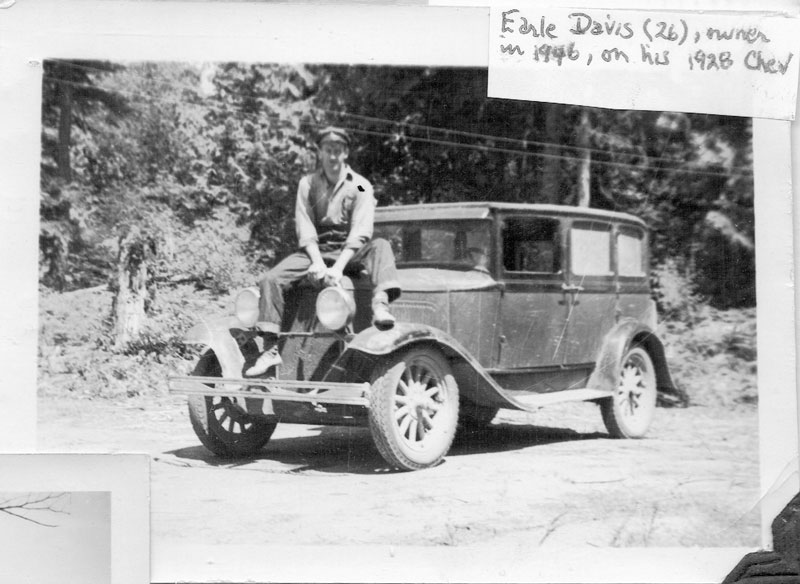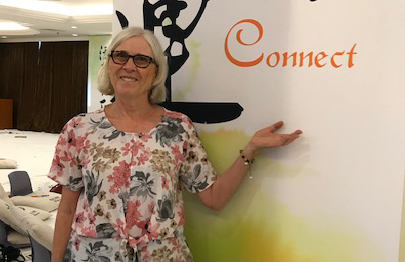Creative alternatives to the same old same old
by Ian Curtin
Ian is a core Haven Faculty member and a Haven Coach.
Free 20 min starter session now offered by all Haven Coaches.
I was thinking about how easily I can disconnect from what is important to me. Something happens – a “bad” interaction, a situation in which I feel under pressure and I disconnect from my needs and values.
I start experiencing tension, anxiety, frustration … And soon a lack of energy, loss of motivation, and if it adds up it could lead to fatigue, exhaustion … even burnout. How is that possible?
How can I lose, in an instant, my best self or best intention?
It’s like I am at the mercy of something I can’t quite get a hold of. Hmmm?
We all have challenging situations that we have been dealing with for years where this phenomenon happens. We have tried everything to resolve a recurring challenge to our well-being and are still at the mercy of the situation. It seems we are damned if we do and damned if we don’t.
For example, I still find myself at the mercy of my need for perfection, so if I continue to focus on every little detail and micro-manage projects, I get overwhelmed and exhausted. If I let the details go, I feel resentful that others are not keeping up the standards I expect. Either way, I am continually at the mercy of my perfectionism.
Or maybe I am at the mercy of my stubborn resistance when someone repeatedly tells me what to do and how to do it. Without missing a beat, I point out the errors in their method or provide reasons why it can’t be done, my voice resonating with aggressive tones as I bark out my sense of indignation. All the while not noticing the negative impact I am creating in this relationship.
Alternatively, I might quietly become stubborn and appear to agree while having the intention to do nothing. And in my silence I am building a mountain of resentment which preoccupies my thoughts too often. Either way, I am at the mercy of my resistance.
How do we get out of these cycles? Why do we keep drawing upon the same behaviour patterns as if using them again and again will lead to different outcomes? (Isn’t that the definition of insanity? – doing the same thing and expecting different outcomes?)
The first step is to clearly see the patterns we use when we are feeling at the mercy.
This includes understanding the costs and benefits that feed these behaviours. There must be some pay-off that we think exceeds the costs for us to continue the same old pattern. For example, my perfectionism feeds my need to be viewed as competent and has historically exceeded the cost of my exhaustion (although over time the costs to this approach are mounting).
The second step is to clearly understand that playing out the same pattern will result in the same outcome. Once this is firmly entrenched in your thinking, then when you are at the cross-roads of deciding how to react, you can see in an instant the result of taking the familiar path. It is in this moment that you can see you have other options.
Many at the mercy situations can be ignored for years, but often the costs just keep escalating. My own example of ignoring exhaustion rolled along for years, but slowly the balance of my equation changed as I more clearly saw the impact on my health and relationships.
So take a few moments to consider situations and/or behaviours in yourself and others that you believe you are at the mercy of. Using the Haven Communication Model concepts, what intentions might underlie why you haven’t been able to change this situation or behaviour? Considering your reactions, what are the things you did or didn’t do that made no difference? How do you make others wrong in these situations? What defences do you use?
You might just find a pattern of behaviour that you use repeatedly when this type of situation or behaviour surfaces in your life as you reflect on these questions. And the question to ask yourself is. “What are all the costs and benefits associated with this pattern?
Then you might have a sense of how it is you lose, in an instant, your best self or best intention. Now you can ask yourself, is this really the choice you want to make or are there other potential behaviour that are more likely to get you the result you want in this situation?







